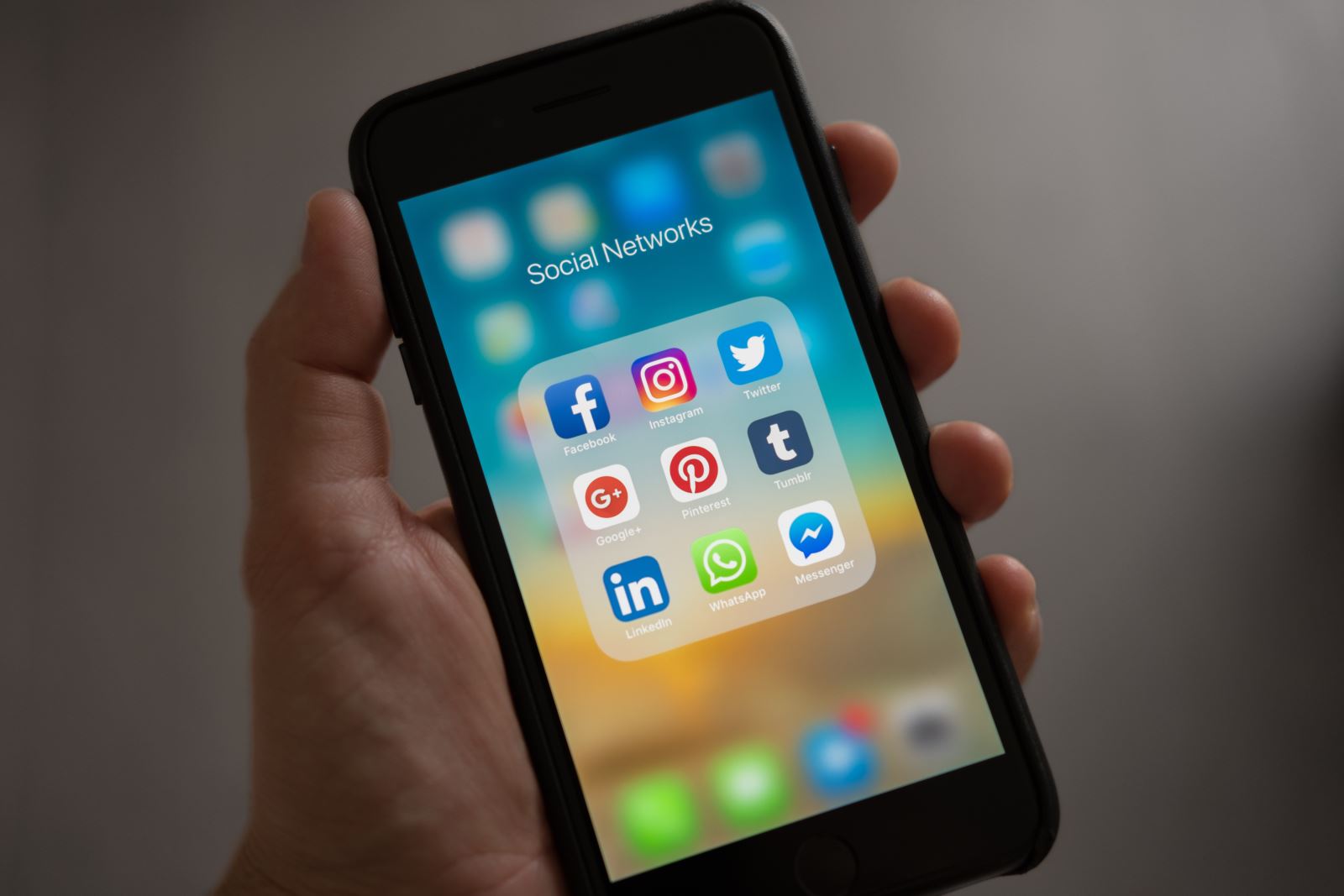 There’s a Reddit forum where people share how they lost their job because of a post on a social media site. One Redditor, who got fired after posting drunk photos of herself on Facebook complained that her social media is “…none of their business!” Maybe she has a point. Are employers allowed to nose through our social media feeds? Is it fair for companies to dig through our “virtual property”?
There’s a Reddit forum where people share how they lost their job because of a post on a social media site. One Redditor, who got fired after posting drunk photos of herself on Facebook complained that her social media is “…none of their business!” Maybe she has a point. Are employers allowed to nose through our social media feeds? Is it fair for companies to dig through our “virtual property”?
Regardless of your stance on the matter, as social networking becomes more prevalent in the 21st century, businesses and organizations are increasingly relying on social media for recruitment and employee monitoring. While you may not care about what other people think of you, it changes when a potential employer is forming the judgments. Below are the ways social media can affect your chances of getting a job.
1. Employers look for signs to determine if they should hire you.
According to a study the vast majority of recruiters (more than 54%) use social media to screen applicants before hiring. Another survey found that 87% of hiring managers look at your LinkedIn profile to determine your eligibility. The second closest is Facebook at 43%.
With a polished and well-cultivated online presence, your social media also has the potential to get you hired. According to study, 44% of hiring managers have found content on an applicant’s social media that causes them to hire a candidate. The pieces of content that can impress employers:
• Background information that supports their professional qualifications
• Great communication skills
• A professional image
• Evidence of creativity
2. Employers can find for your “digital dirt”.
Most hiring managers aren’t intentionally looking for negatives. However, 51% of employers who do take the time to search for a candidate’s social media presence have found incriminating content that caused them not to hire a candidate.
Hiring managers are looking to hire someone who has good judgment and ethics. The pieces of content that can turn off employers include:
• Discriminative comments related to race, gender, or religion
• Provocative or inappropriate photos, videos, or information
• Information or evidence of drinking or drug use
• Bad-mouthing a previous company, past colleague, or current co-worker
• Inappropriate or unprofessional screen names
• Lying about qualifications
• Links to illegal behavior
• Sharing confidential information from former employers
• Having lied about an absence
• Posting too frequently
• Sharing political opinions (we’ll discuss more of this a little later)
3. Employers want to see your professionalism.
Would you like to work with someone who posted negative comments about you? How about someone who lies or shares information you told them in confidence? Look at the list above. Do you want to work with someone associated with any of those? I bet your answer is a big fat no. Employers don’t want to deal with someone like that either.
They want to hire someone who has sound principles and ethics. By using social media as a recruiting tool, recruiters can determine a candidate’s judgment and professionalism by looking at their posts online.
4. Employers want to see if you’re a good match for the company culture.
Hiring managers are seeking someone perceived as likable and will nicely fit into the company culture. They want to get a feel of a candidate’s personality; look for posted references about the candidate; or see that the job seeker is pleasant, well-rounded, or has excellent communication skills.
Your political views can also affect how well you’ll fit into the company culture. Expressing political opinions on social media that doesn’t align with company values won’t likely get you hired.
5. Employers are cautious about hiring overly political people.
When it comes to personal politics, this is where it gets tricky. Your stance on political issues has the potential to boost your candidacy or downgrade it.
Ranting about politics can be seen as a red flag. HR professional Patty Malenfant says “… rants on social media can signal to potential employers that you’re a highly emotional person… they might decide they don’t want to work with someone who seems volatile or angry.”
6. Employers want to see someone with a social media presence.
If you think you can avoid the pitfalls of social media by not taking part in it, think again. A national survey by Harris Poll revealed that more than half of employers (57%) say they won’t consider a candidate without a social media profile.
In fact, 20% of employers expect candidates to have an online presence. Recruiters are increasingly using social media to gather more information before calling in someone for an interview. Without a social media profile, hiring managers are less likely to call you in for a job interview.
Nonetheless, the value of an active social media presence varies by field and practice. If you’re applying for a digital marketing position it would be odd if you don’t have a social media presence. Some other fields may not care as much.
The way you manage your social media says everything about you. Recruiters can see the content you share online and make judgments, fairly or unfairly. Remember, social media isn’t all bad—it has its perks if appropriately used. You need to think before you post anything—ask yourself, “Does this show me in a positive light?” before hitting the share button.
Become a member to take advantage of more features, like commenting and voting.
Register or sign in today!